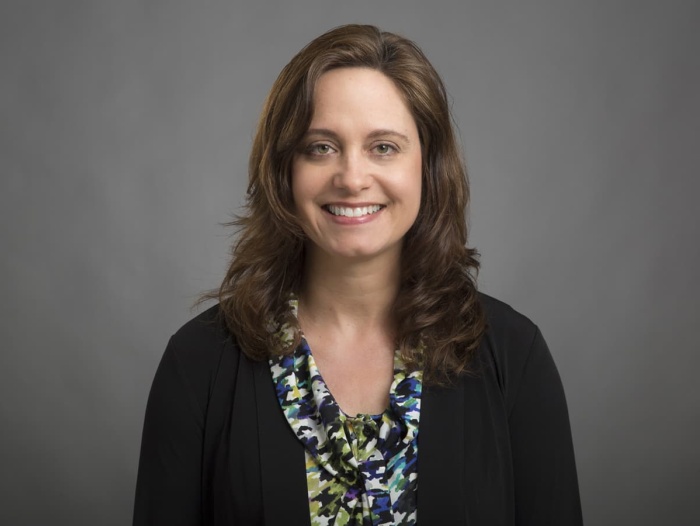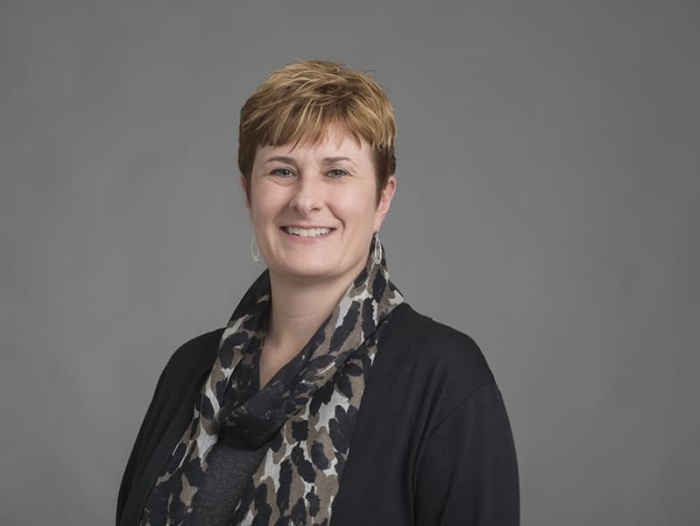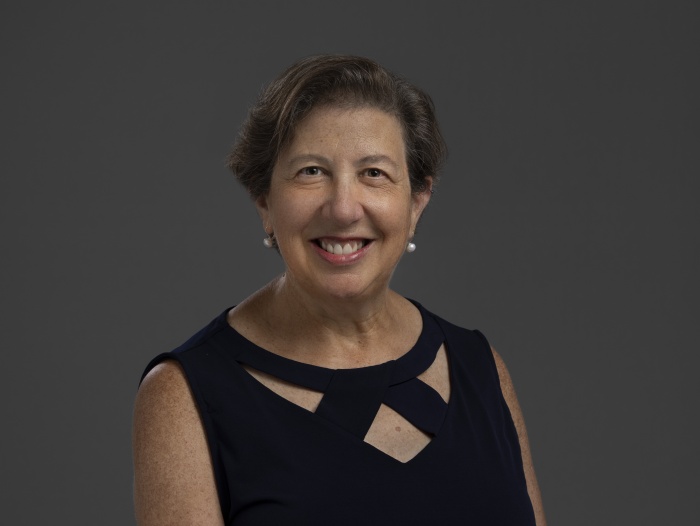Our Primary Care Pediatric Nurse Practitioner (NP) Doctor of Nursing Practice program prepares you to provide primary care services to children, from infancy through young adulthood.
Your pediatric nurse practitioner education will focus on clinical practice and evidence-based initiatives to improve health outcomes of patients and populations.
At Rush University’s College of Nursing, we emphasize independent and interprofessional practice through the development of leadership skills.
Our program is ranked among the best in the nation by U.S. News & World Report.
Rush's approach: Primary Care Pediatric Nurse Practitioner DNP
You learn from faculty who are active practitioners at top-tier academic medical centers and rural clinics.
This means many program advisers and clinical faculty are practicing nurse practitioners who have clinical experience that will enrich your learning.
We offer tracks for both bachelor’s and master’s-prepared nurses.
Primary Care Pediatric Nurse Practitioner DNP program length and location
Our BSN to DNP program takes two and a half (full-time) to three and half (part-time) years to complete for students with a bachelor’s degree.
The MSN to DNP program takes two and half years to complete.
All courses take place online.
Students must make a minimum of two visits to campus to complete the following:
- Health assessment: Students can elect to complete all work in the course remotely or make a campus visit.
- Simulation experiences: Students complete two experiences, one per trimester during the fall and spring term of clinical courses. Each usually lasts one full day.
Clinical experience
Clinical experiences are available in a wide variety of settings – from pediatric primary care clinics to outpatient subspecialty hospital practice – at Rush and throughout the Chicago area.
Local and distance students work collaboratively with faculty and our clinical site project coordinator to identify and obtain clinical practicum sites.
We have successfully negotiated most distance practicum contracts. While success is not guaranteed, collaboration with the student in identifying potential clinical opportunities assists us in securing preceptors and sites. Due to state regulations, and restrictions in a few states (New York, Louisiana and Tennessee) students need to discuss any move after matriculating with the program director.
Primary Care Nurse Practitioner Certification
Completion of the program makes students eligible for certification as primary care nurse practitioners by the Pediatric Nursing Certification Board.

While studying pre-medicine, Wafaa Tali was inspired by the resiliency and playfulness of her pediatric patients. Then an experience working alongside nurse practitioners clarified her career goals – and a DNP program at Rush is helping her achieve them.
Primary Care Pediatric Nurse Practitioner DNP program tuition
At Rush University, we know your education is a big investment. We want to make sure you have all the information to be able to make the best financial decisions for you and your family.
Learn about student financial aid options.
Primary Care Pediatric Nurse Practitioner DNP career opportunities
There are a wide variety of career options in this field. Our graduates work with patients and families in many settings, including the following:
- Fast-track emergency care settings
- Pediatric primary care offices
- School-based clinics
- Specialty services
- Step-down units
Pediatric nurse practitioners conduct the following:
- Diagnose and manage acute and chronic conditions in infants, children and adolescents
- Emphasize preventive care and promote healthy lifestyle choices, including well-child exams
- Educate and collaborate with patients in managing chronic health issues
- Lead teams to implement quality improvement strategies in health care settings
Employment of nurse practitioners is expected to grow 40% from 2021-31. This is much faster than the average for other professions.
Salaries average $115,600, according to salary.com, with salaries higher in larger cities.

Get a firsthand perspective about the College of Nursing experience from our students and alumni.
-
What is a Primary Care Pediatric Nurse Practitioner DNP program?
This doctoral level program prepares nurses to become advanced practice registered nurses (APRN), as well as leaders in quality improvement and evidence-based practice projects. The curriculum includes advanced level courses in the sciences, research, statistics, health promotion, disease prevention, health assessment, differential diagnosis and disease management. The program prepares graduates to care for pediatric patients from birth through transition to adult care and their families and caregivers in many settings, including the following among others:
- Primary care pediatric clinics
- Public health settings
- School-based clinics
- Specialty clinics
-
-
-
-
-
-
Elizabeth Miranda
Admissions Specialist
elizabeth_m_miranda@rush.edu
(312) 942-6986
Learn about upcoming sessions and events in your field of interest.





